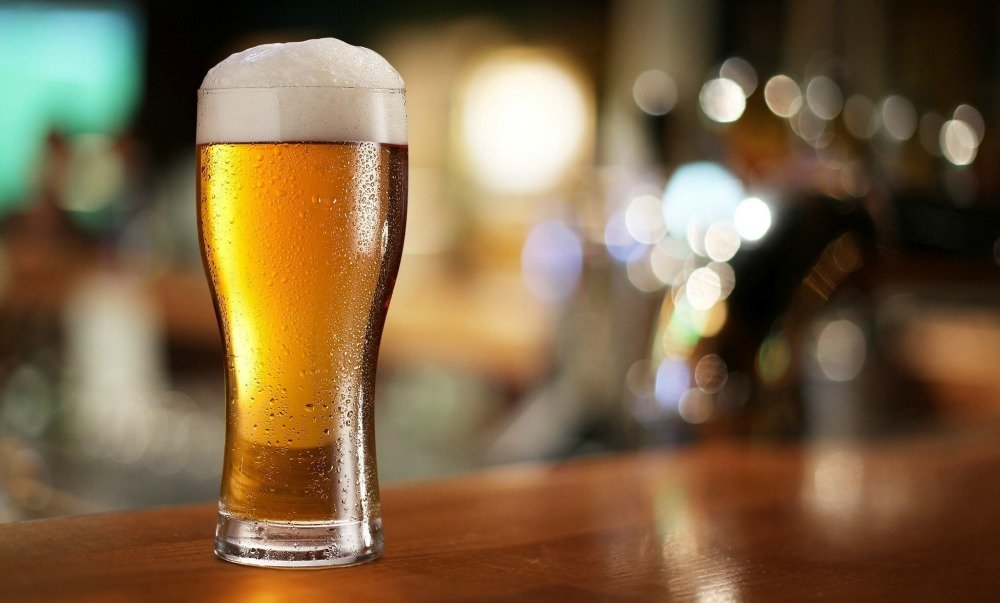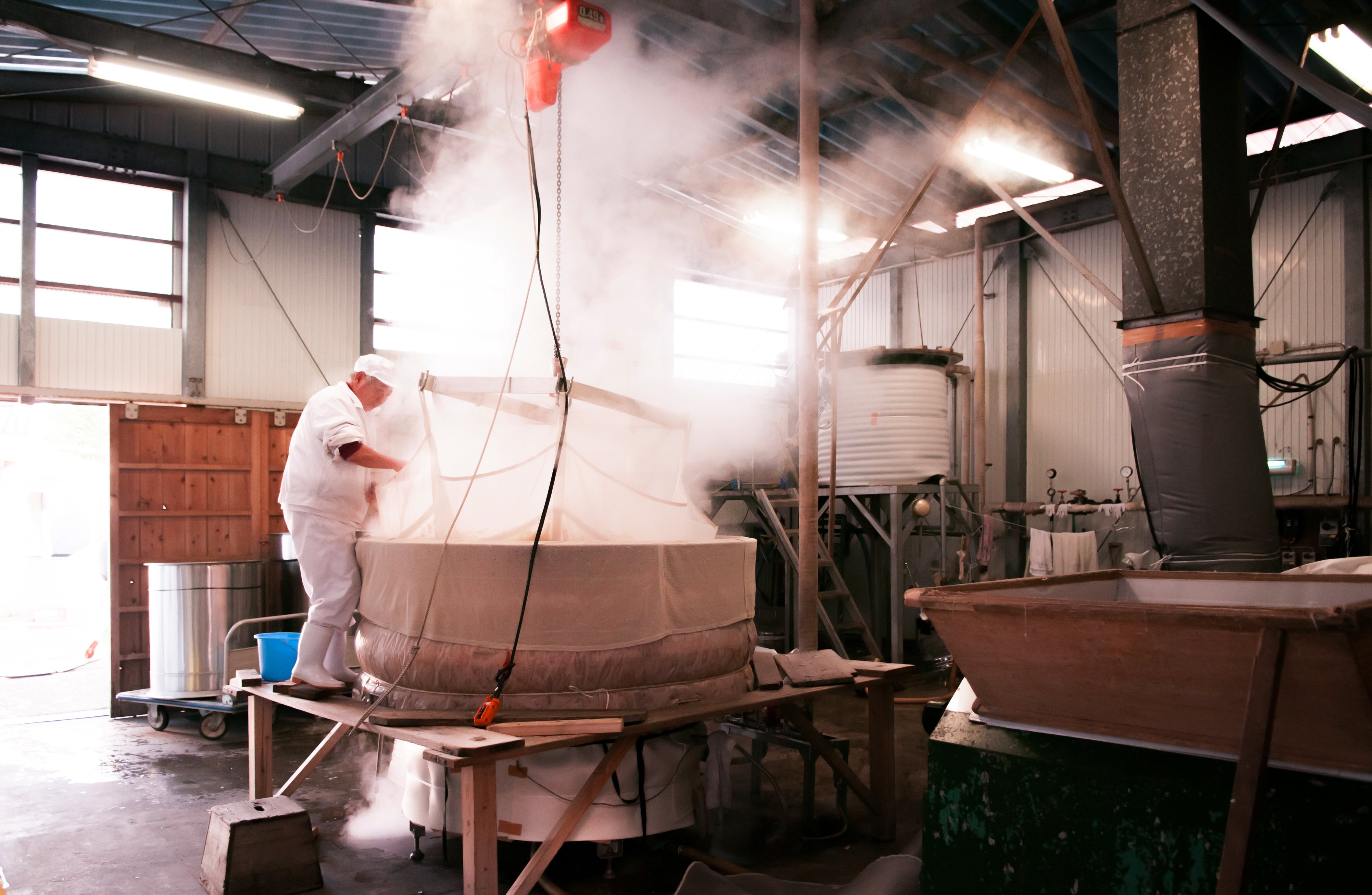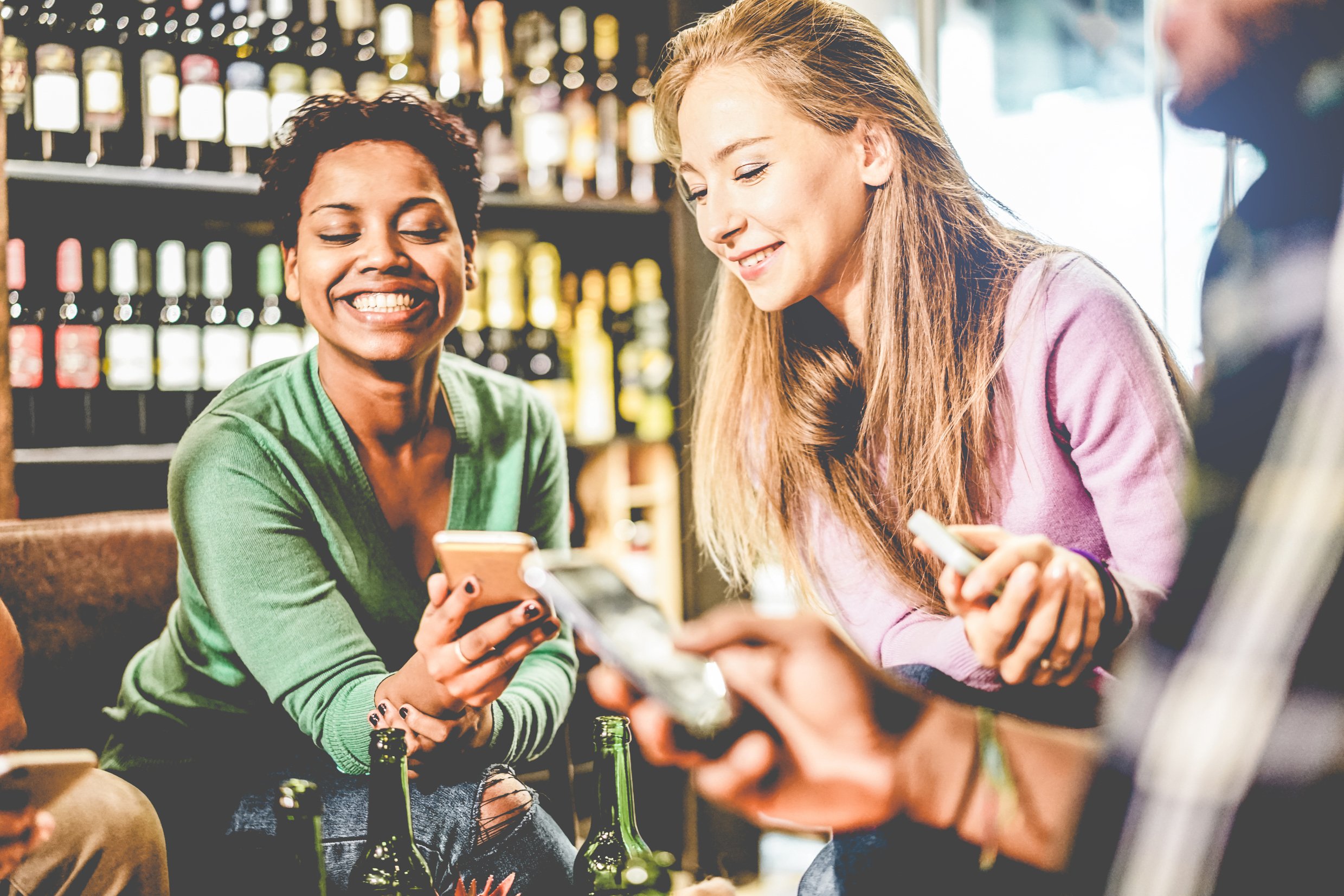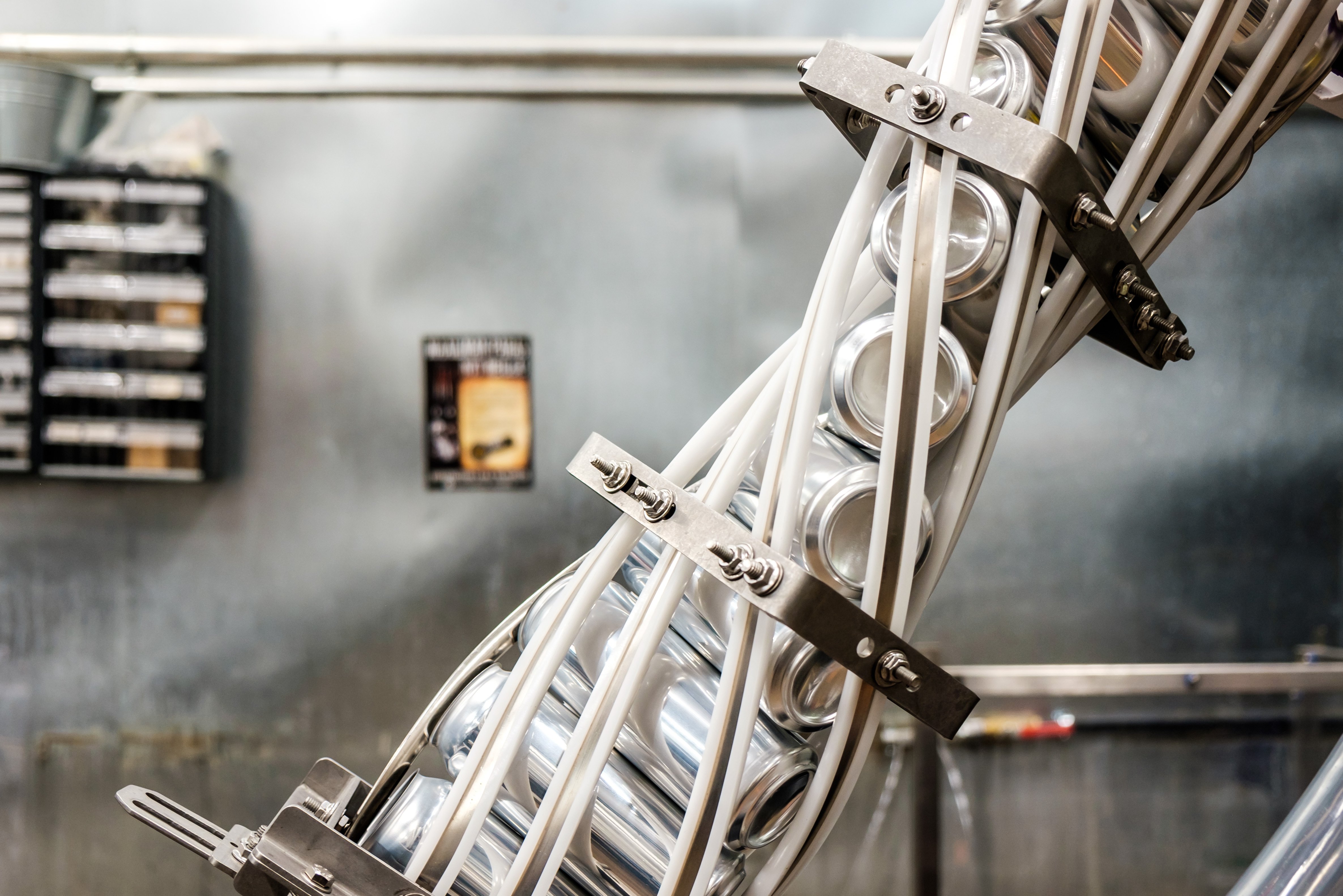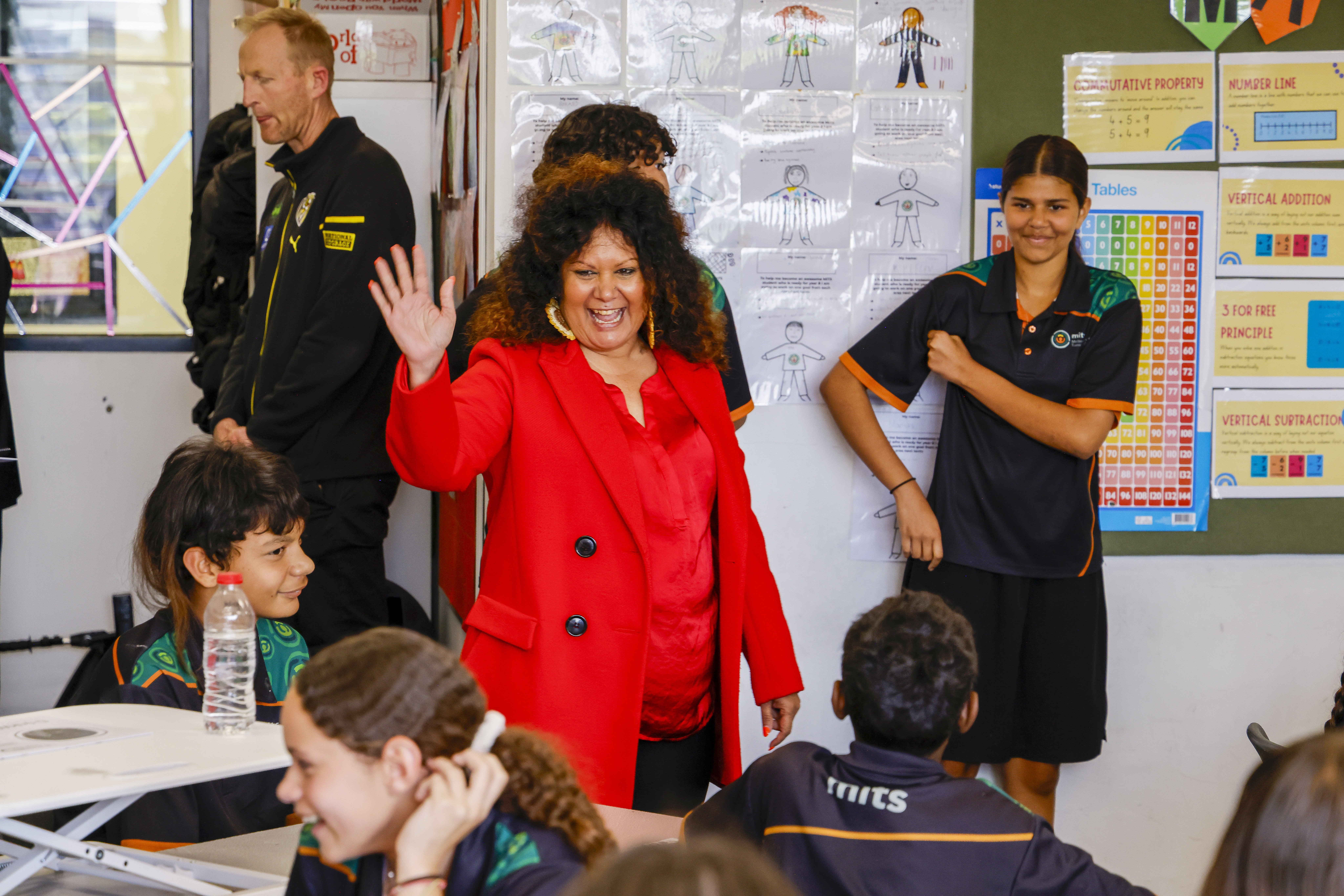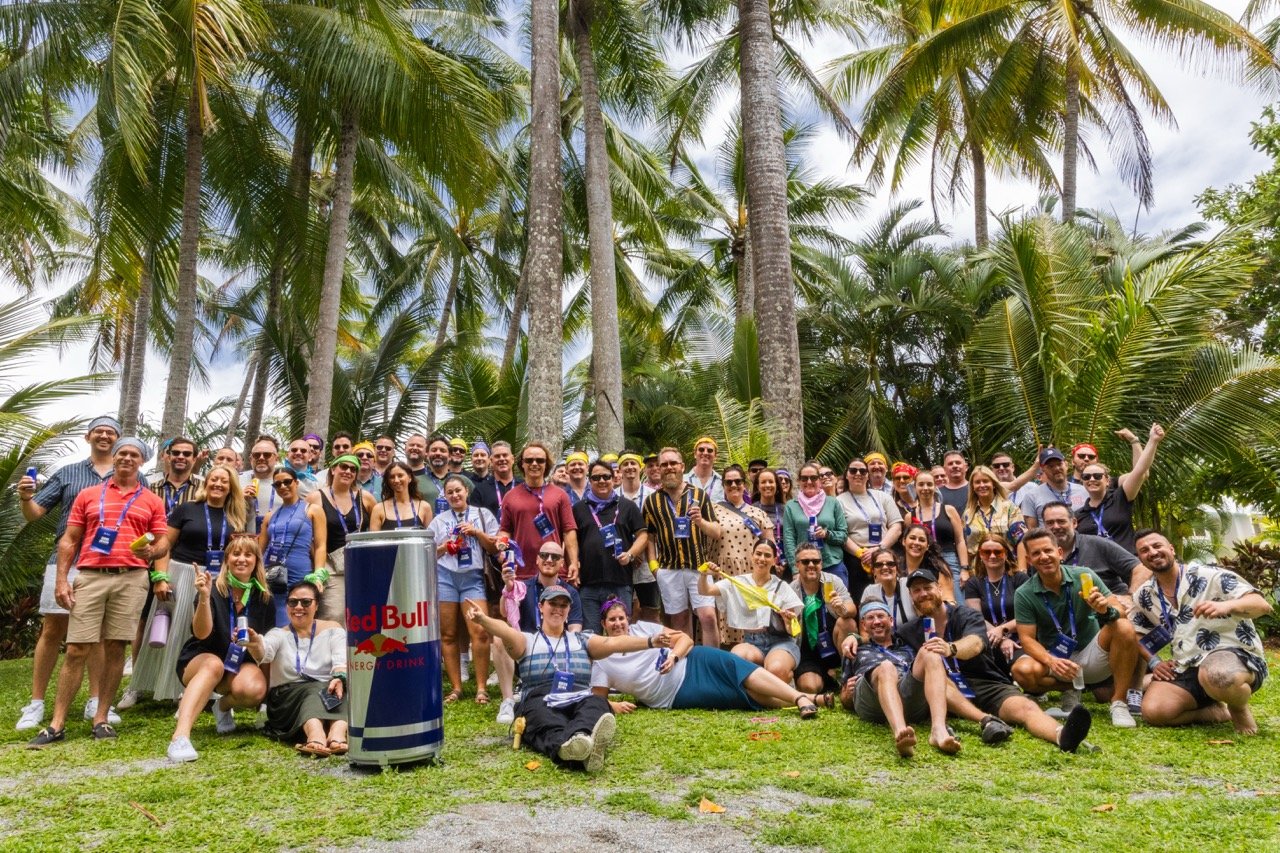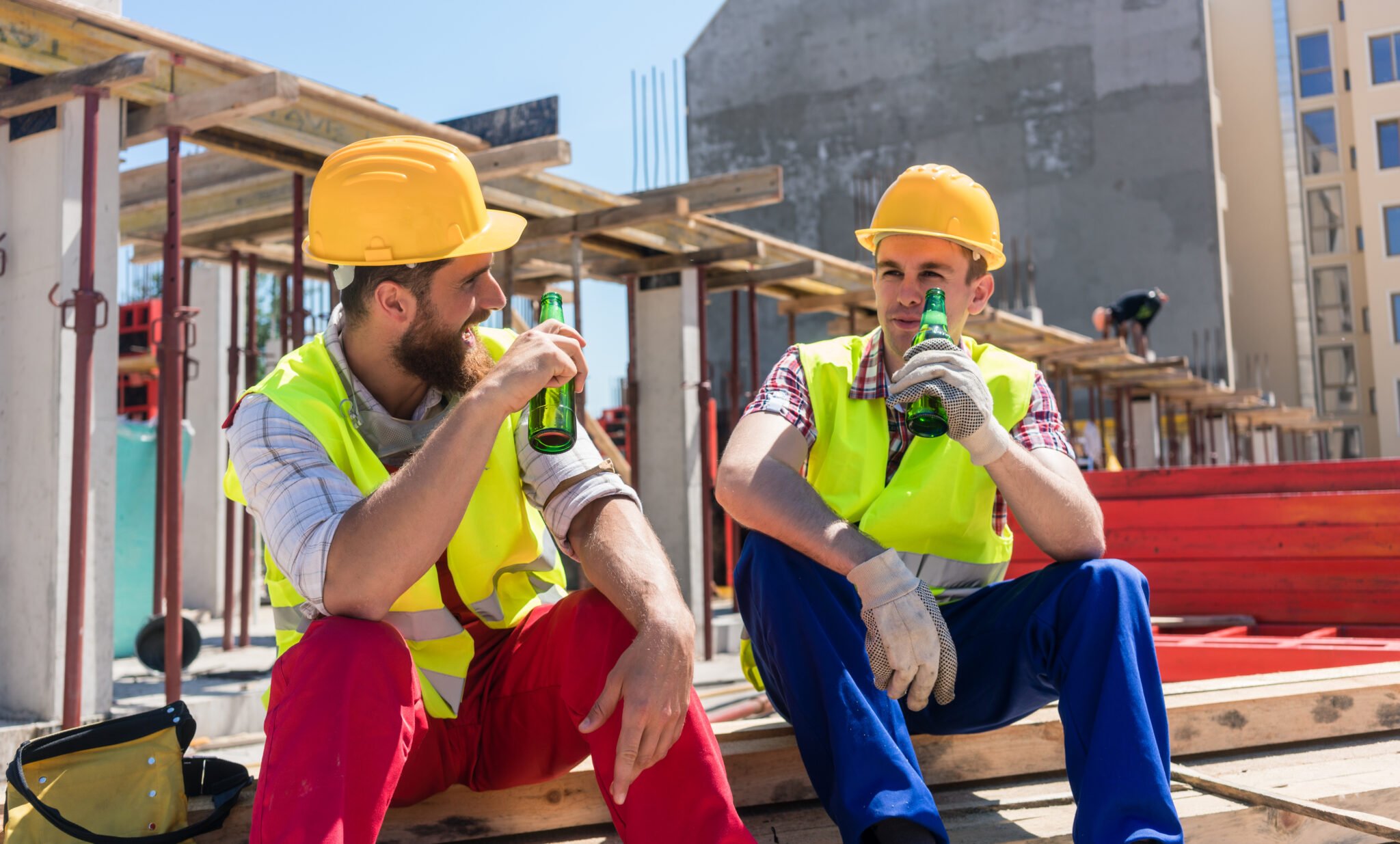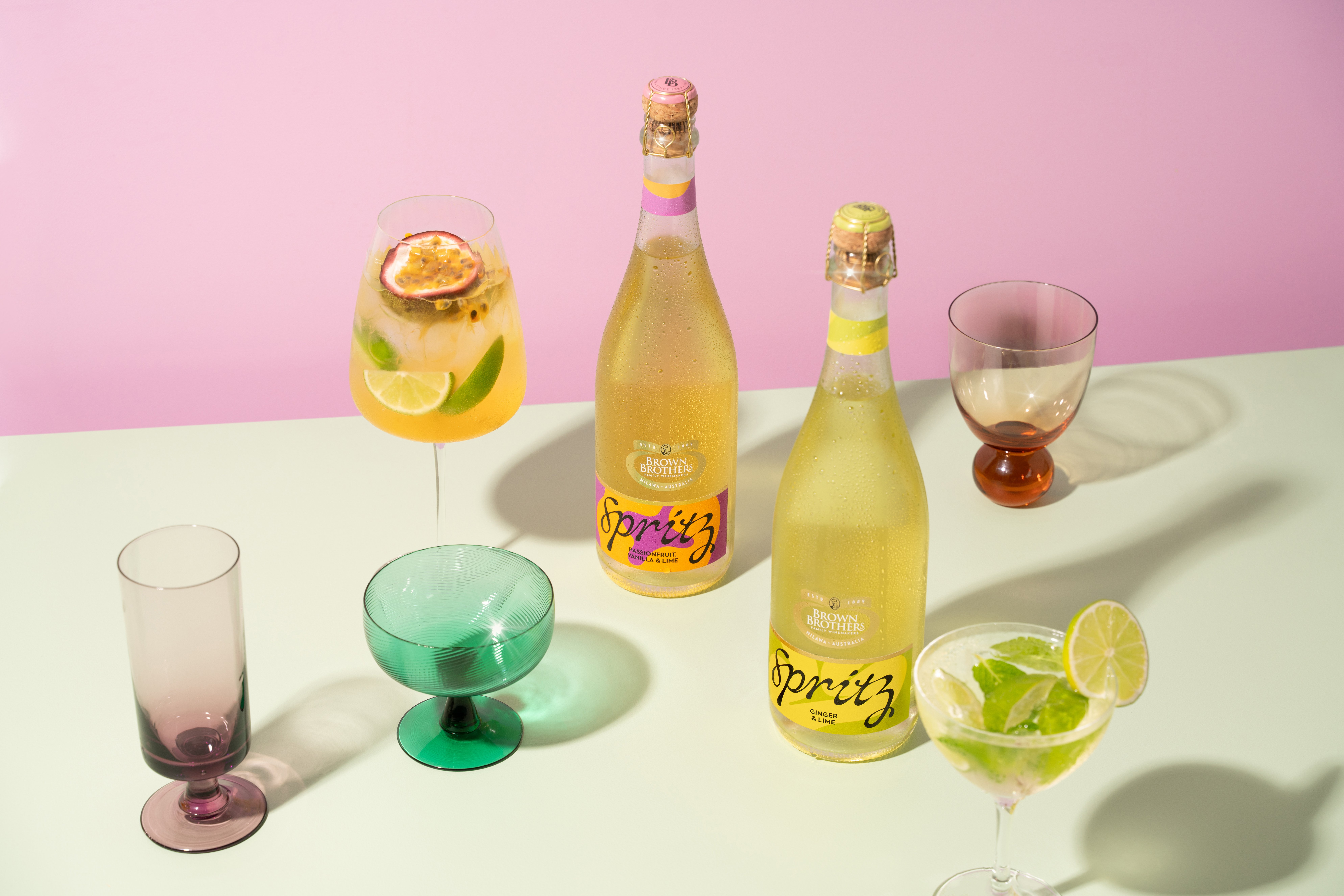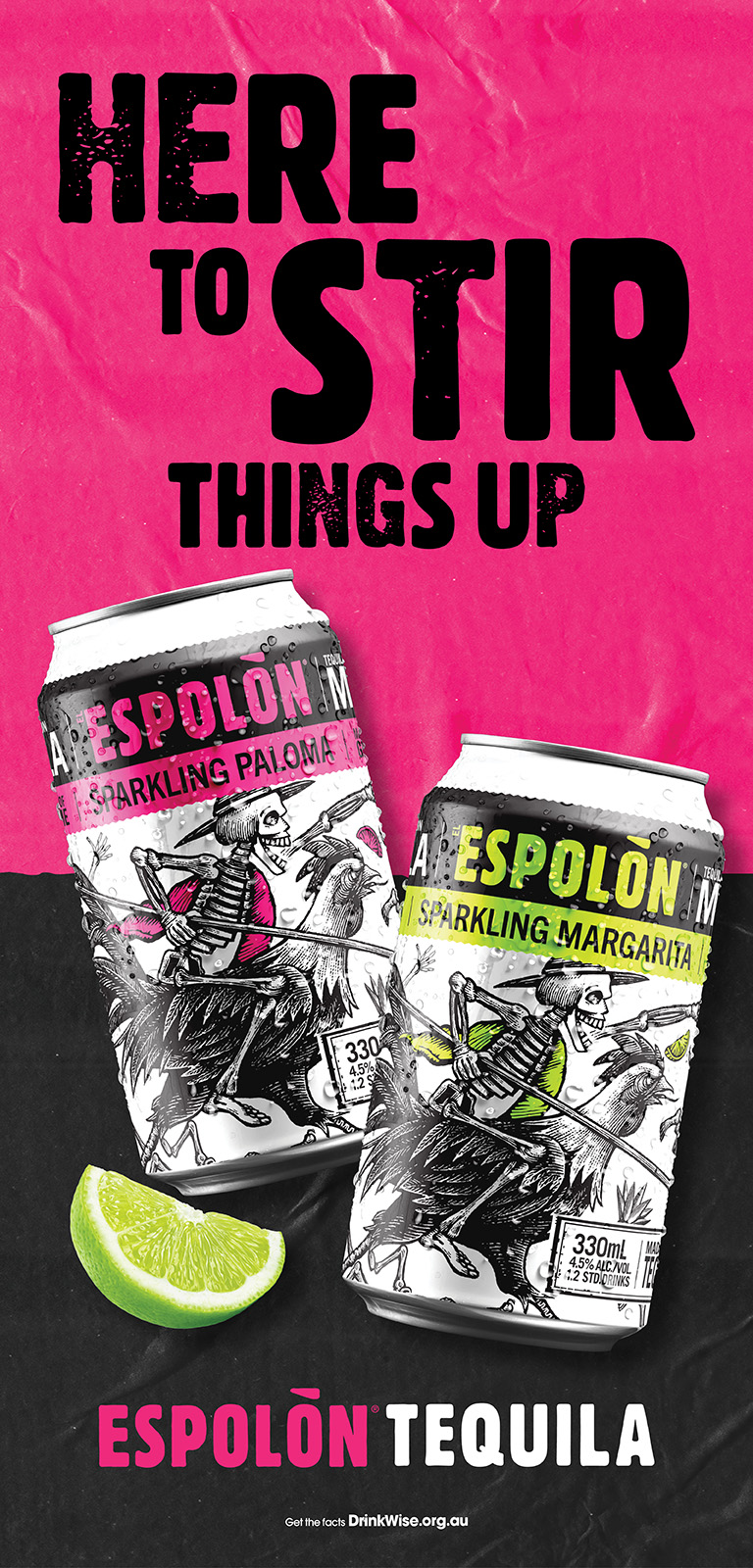There are growing calls for Australia to go into coronavirus lockdown following the World Health Organization (WHO) declaring COVID-19 to be a pandemic.
Prime Minister Scott Morrison announced on Friday afternoon that all non-essential gatherings of more than 500 people should not go ahead from Monday to limit the spread of the coronavirus, leading to a slew of cancellations of major events and concerts.
But what effect will that have on the hospitality industry, both globally and locally?
“This is not just a public health crisis, it is a crisis that will touch every sector,” said Dr Tedros Adhanom Ghebreyesus, WHO director-general. “So every sector and every individual must be involved in the fights.”
In Italy, the government has ordered all shops, bars and restaurants across the country to close after the country’s death toll from the coronavirus outbreak rose by 31% in the space of 24 hours to a total of 827.
Italian prime minister, Giuseppe Conte, said all stores would close nationwide, other than those selling “basic necessities”, such as pharmacies and supermarkets.
“Industries can stay open, but with strict measures in place, as well as essential services such as banks,” Conte said, warning Italy’s population of over 60 million not to “rush to the supermarkets” as shelves would be restocked as normal.
In London, footfall in some city centre pubs has plummeted, as an increasing number of people work from home amid the coronavirus outbreak.
UK Hospitality Chief executive Kate Nicholls said: "We're seeing different responses to the crisis around the country.
"It depends on where pubs are located - in city centres, particularly near or in train stations, footfall is down by 30-40%. Sales have been decimated and some travel hubs are like ghost towns.
In Australia, the country's Chinatowns have already been suffering significant reductions in customers, with many saying they are struggling to stay afloat.
Every hour brings news of additional event cancellations following the pandemic announcement.
Bill Shorten has called for the implementation of “drastic social distancing measures” to ensure Australia can effectively contain COVID-19.
Shorten pointed to examples in the US and China, where “draconian” social distancing measures assisted in an effort to delay the spread of the coronavirus.
“At the end of the day, it is a public health emergency,” he said.
“The only way to make sure this pandemic is not worse than it otherwise could be is to have more drastic social distancing measures."
The president of the Australian Medical Association’s WA branch, Andrew Miller, said: "Italy tried to let the population move pretty freely and keep commerce going which you can understand, this is a bloody disaster for people if their businesses are affected by it. But what’s happened in Italy, it turned into a bigger problem because they didn’t manage to contain it.”
ABC News has reported that Fremantle's Little Creatures Brewing had 300 people across three functions recently cancel because of restrictions on travel.
Australian Hotels Association WA chief executive Bradley Woods said it was hard to know whether restaurants were quieter because of coronavirus or other economic factors.
"With the bushfires and then coronavirus on top of that, we've certainly seen a substantive downturn in international visitation and that might be why some of these specific ethnic cuisines restaurants are finding it a little bit tougher," Woods said.
Woolworths to pay sick leave to casual workers
Woolworths has announced it will pay casual staff required to self-isolate due to the coronavirus for shifts they would have otherwise worked during the isolation period.
In a memo sent to staff today Woolworths said it wanted to ensure workers who are required to be absent from work due to coronavirus would not be disadvantaged.
Team members who cannot work due to a Department of Health requirement to self-isolate, or are confirmed as having the virus, will be supported by the company. Workers who are required to care for others who have been isolated, such as children, will also be supported.
Full or part-time workers have been directed to take personal or carer's leave where possible, with Woolworths topping up leave for a maximum of two weeks if the worker has already used up their personal leave.
Casual workers will be paid based on their upcoming two-week roster, the company said.
Contact-less delivery becoming the new normal
Last month, Yum China, which operates nearly 9000 Pizza Hut, KFC and other restaurants in China launched what it calls "contactless" delivery to avoid spreading the virus via food delivery.
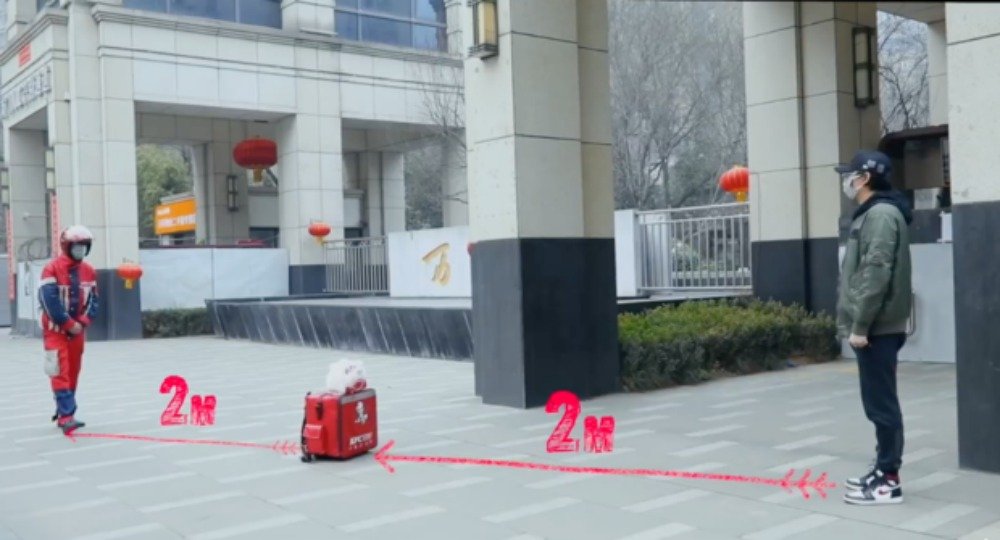
Fast food chains and delivery services in Australia are also implementing zero contact delivery options to protect customers.
When selected, the driver will place the order on a safe surface at the customer's delivery location, step back a safe distance, let them know when their order has arrived and wait to confirm they have received their meal.
Domino’s is now offering customers in Australia and New Zealand the option.
Domino’s told News Corp the free service was “in response to some customers wishing to limit unnecessary physical contact during the current COVID-19 health crisis.”
CEO Nick Knight said: “All of our stores follow strict food safety and hygiene procedures, including regular handwashing, stations and wearing gloves when making pizzas.
“If offering the option of a Zero Contact Deliver gives our team members and customers peace of mind, then it’s a step we’re willing to take.”
It also follows Uber offering Uber Eats customers the option of having their food delivery left at their door.
Uber said: “We understand that you may be relying more on food delivery right now. If you prefer, you can leave a note in the Uber Eats app to ask your delivery person to leave your food at the door."
Menulog told News Corp “customers will soon be able to request contactless deliveres” via the service as well.
Coles said its customers had always had the option to receive an “unattended delivery” when ordering online, where the customer service agent leaves their groceries at their front door, removing the need for any face-to-face interaction.

Share the content
